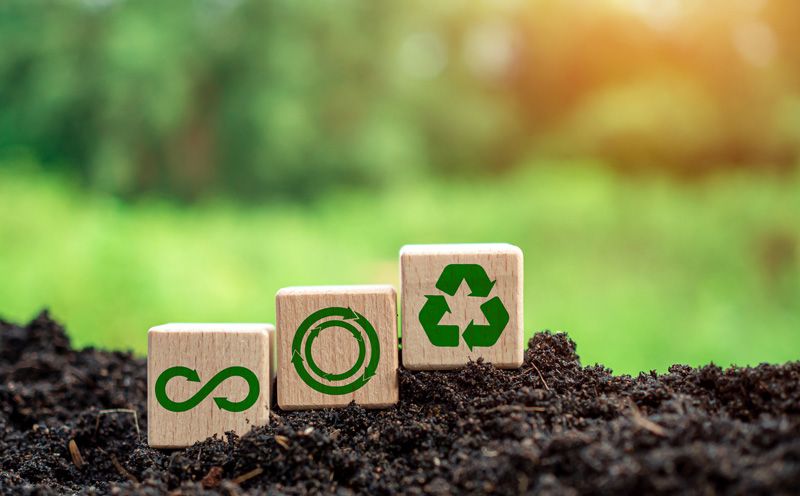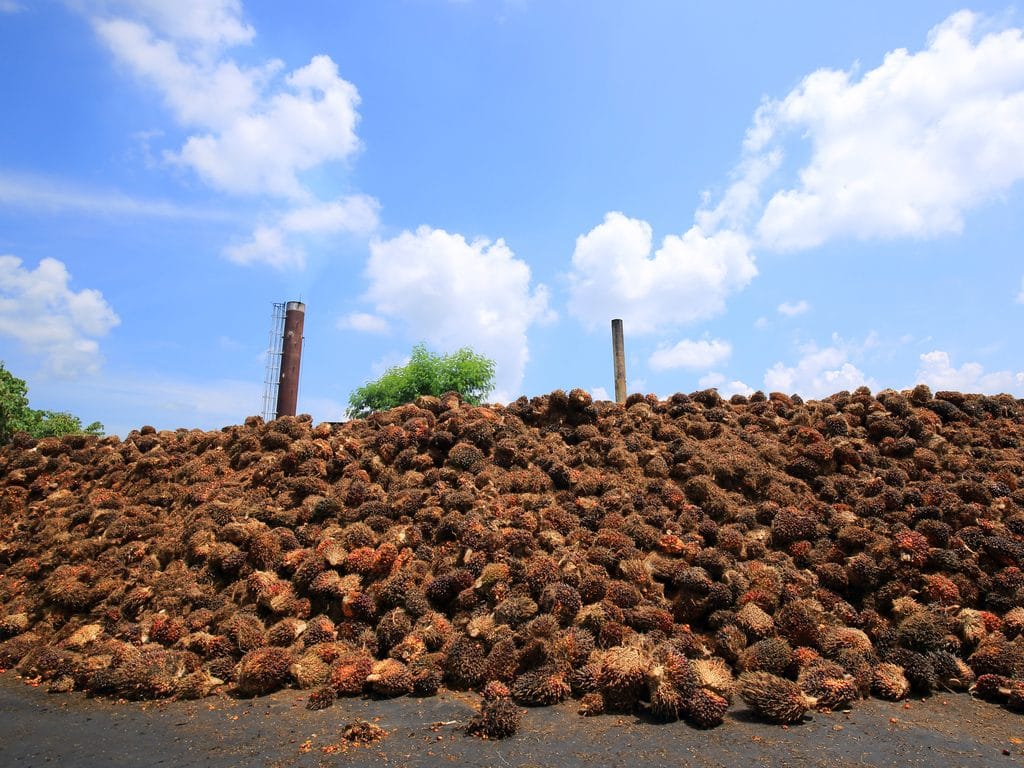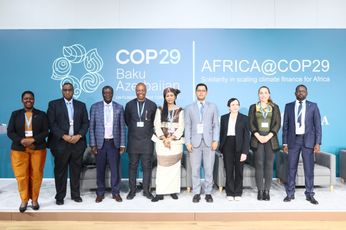
Spotlight: African companies cultivating a sustainable future
This article highlights five African companies leveraging innovation to drive recycling, environmental sustainability and community empowerment.
As Africa and the global community confront an escalating waste crisis, individuals and companies are devising innovative strategies to mitigate waste pollution across various forms. This article spotlights five African organizations leveraging technology and sustainable practices to tackle the challenges of waste pollution, empower local communities, and stimulate economic growth. These organizations are converting waste into valuable resources, creating jobs, and fostering a more sustainable future for the continent.
Eduplastics is a women-led social enterprise committed to fighting plastic pollution through innovative recycling solutions. By converting plastic waste into sustainable learning tools, EduPlastics empowers communities, supports education, and reduces pollution in underserved areas of Uganda. The organization has collected and recycled over 25,000 kilograms of plastic waste, creating 42,324 eco-friendly products ranging from educational tools to household items. Furthermore, EduPlastics actively supports refugee communities, equipping them with the skills and resources needed to transform waste into viable opportunities.
FREEE Recycle Limited is a waste recycling and rubber manufacturing company aimed at solving the problem of waste tyres by converting them into reusable rubber moulded products in Nigeria. The company produces eco-friendly products, from stylish footwear to durable everyday items including, rubber tiles, mats, and other sustainable goods. Formerly known as Freetown Waste Management Recycle Limited, the company has recycled over 660 metric tonnes of crumb rubber since its inception in 2018.
Green Africa Youth Organization (GAYO) is a youth-led, gender-balanced organization working to transform human lifestyles by promoting practices that substantially reduce greenhouse gas emissions and lessen the vulnerability of communities at risk of climate-related disasters. The organization focuses on critical areas such as climate change, circular economy, disaster risk reduction, sustainable agriculture, and renewable energy advocacy. Since its inception, GAYO has processed over 200 tonnes of plastic and planted over 20,000 trees, and it has a physical presence in Ghana, Uganda, and Botswana. In recognition of its impactful work, GAYO was among the five 2024 Earthshot Prize Winners awarded £1 million to accelerate its innovative environmental projects.
Re-Purpose recycling collects and sorts waste, working closely with recycling processors to convert each plastic stream into reusable materials. With four material recovery facilities in South Africa and operating over 40 recyclables buy-back centers, Re-Purpose collects and diverts plastic scrap from landfills. In May 2024, Re-Purpose announced a strategic partnership with ALPLA Group, a leader in developing and producing plastic packaging solutions. The partnership aims to drive sustainable packaging solutions and innovation.
The WEEE Centre is recognized as one of Africa's largest ISO-certified players in the electronic waste (e-waste) management sector, dedicated to addressing the escalating global e-waste crisis. According to the UN's Global E-waste Monitor, the generation of electronic waste is increasing 5x faster than the rate of documented e-waste recycling. With less than 1% of e-waste formally recycled in Africa, the WEEE Centre serves a vital role by collecting, processing, and responsibly disposing of electronic waste. The disposed waste are tested and re-assembled into new products such as batteries and electric vehicle motors. The organization operates multiple collection points throughout Kenya, allowing individuals to deposit their old electronics. Since its inception, the WEEE Centre has managed over 10,000 tonnes of e-waste, significantly contributing to sustainable waste management in the region.
As Africa's population grows, the challenge of effective waste management becomes increasingly pressing. Existing waste management systems will likely encounter substantial challenges due to population growth, economic development, consumer behavior changes, and rural-to-urban migration. With recycling rates currently around 4%, there is a critical need to enhance waste recycling awareness and invest in sustainable waste management solutions. By fostering innovative companies and initiatives, African nations can mitigate waste pollution, conserve resources, and establish a cleaner, healthier environment for future generations.
FullyGreen Newsletter
Join the newsletter to receive the latest updates in your inbox.










